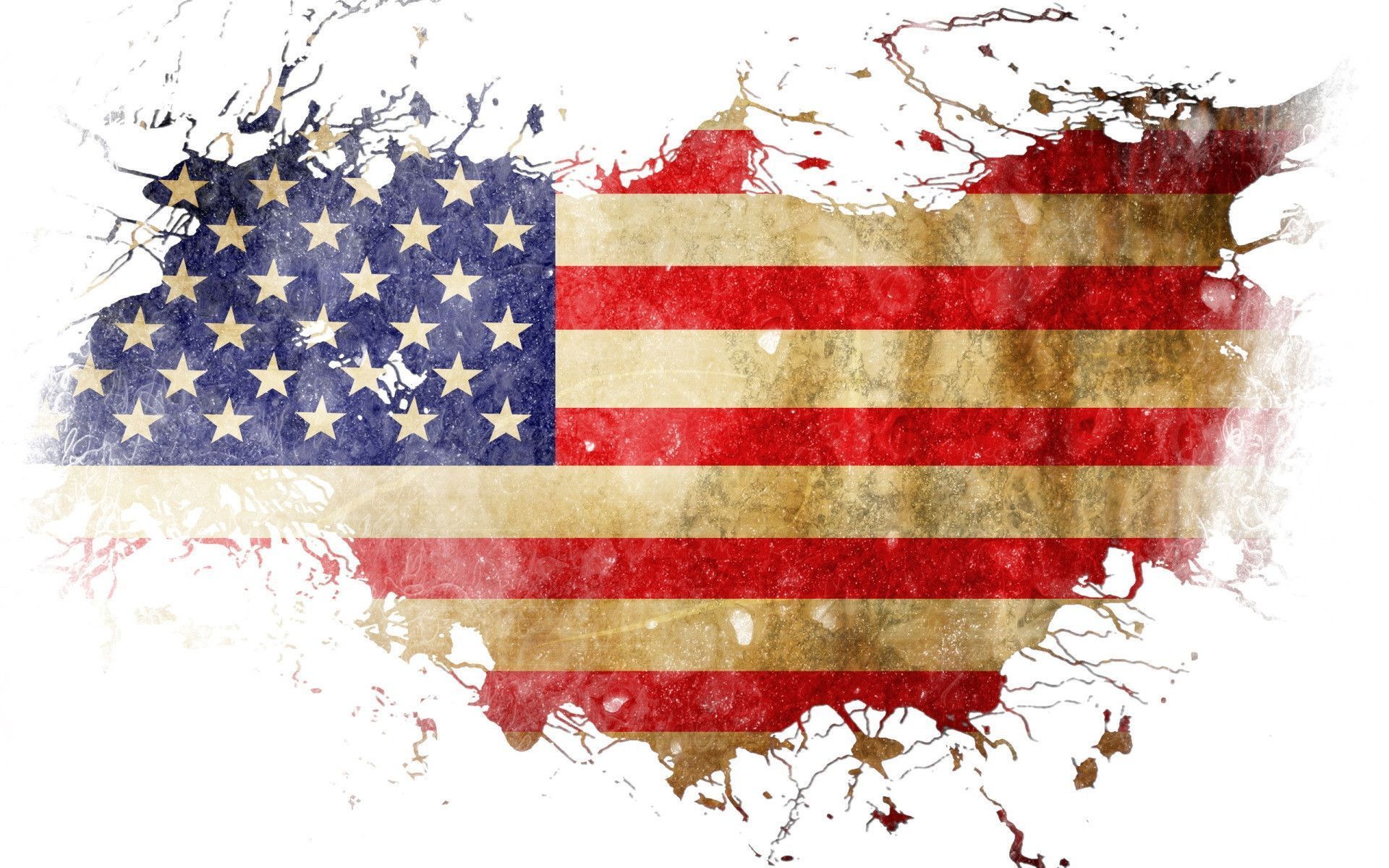
Welcome to another week of the Transformation Leadership Series (TLS). For weeks now, we have been learning about transformational leadership from leaders who shaped their countries such as Jiang Zemin, John Adams and George Washington. Today we will focus on a man who transformed a divided assemblage of people from all around the world with different languages and cultures into one nation under God—and gave them (as well as all who practice democracy today) democratic precedents currently in effect even centuries after he has passed on. An example is the concept of a two-term 4-year office limit for presidents. He is known by many American patriots as the Father of America. His painting by Gilbert Stuart, is currently featured on the obverse (front) of the dollar bill, and the Great Seal of the United States is featured on the reverse (back).
INTRODUCING A TRANSFORMATIONAL LEADER
George Washington was a founding father of the United States and first U.S. President (1789–97). He was a warrior who fought in many battles including the American Revolutionary War, which led to the independence of the U.S. from Great Britain. As part of the Virginia militia he fought in the French and Indian War from 1756–63. Then from 1775 to 1783, he commanded the Patriot forces to victory in the American Revolutionary War. During this war, he was appointed commander-in-chief of the Continental Army and led an allied campaign to victory at the Siege of Yorktown which ended the war. His devotion to American Republicanism impelled him to decline further power after leading America to victory. He chose to resign his position as commander-in-chief in 1783. He focused on other matters like helping to draw up a national constitution, and he presided over the Constitutional Convention of 1787, which established the new federal government.
His ability to place devotion and love of country above the possession of power is one of the singular things that distinguished him as a transformational leader. He could have held on to power however once his country was safe from the tyranny of the British, he chose to step down as commander-in-chief. He willingly gave up power BUT his countrymen were so moved by his selfless character and example that they felt there was no one as selfless as him to lead the country forward, so he was unanimously elected as president by the Electoral College in the first two national elections. He laid down power and leadership willingly, and it was given back to him. Due to his devotion to his country, he was faithful with the power that he was entrusted with and he promoted and oversaw the implementation of a strong, well-financed national government that did not interfere in external wars.
Some of the precedents he established are still in use today such as the Cabinet advisory system, the inaugural address, the title “Mr. President”, and the concept of a two-term office limit.
THE WISDOM OF GEORGE WASHINGTON
In his Farewell Address he gave a primer on civic virtue, warning of partisanship, sectionalism, and involvement in foreign wars. What is not stated often is the stern warning he gave the USA in his farewell address about the indispensable supports that lead to political prosperity for any democratic nation. Interestingly, he did not state that the indispensable supports that lead to political prosperity is a lobbies, finance, networking or allies but rather:
Of all the dispositions and habits which lead to political prosperity, religion and morality are indispensable supports. Observe good faith and justice towards all nations; cultivate peace and harmony with all. Religion and morality enjoin this conduct; and can it be, that good policy does not equally enjoin it – It will be worthy of a free, enlightened, and at no distant period, a great nation, to give to mankind the magnanimous and too novel example of a people always guided by an exalted justice and benevolence—George Washington’s Farewell 1796 Address
Washington had previously said in his 1789 inaugural address (the first inaugural address in a democracy) that:
…the foundations of our National policy will be laid in the pure and immutable principles of private morality…
In a separate letter to Zabdiel Adams dated June 21, 1776, John Adams states:
It is religion and morality alone which can establish the principles upon which freedom can securely stand.
Washington acknowledged that political prosperity could only be founded upon the supernatural God, His values and/or morals. He believed that the foundations of national policy can only be laid in the pure and immutable principles of private morality if success is to be achieved. He added that the principles upon which freedom can securely stand can only be religion and morality. Is it not ironic that centuries after Mr. Washington passed on, government officials want God or morality out of politics and government? On the international relations front, Washington told his country to desist from foreign wars. What would he think of the current military industrial complex in the USA? He stated:
- Observe good faith and justice towards all nations
- Cultivate peace and harmony with all.
His argument was that this should be done because Religion and Morality enjoin this conduct. Note that we have already discussed in prior installations that values guide and shape conduct and one of their sources of values is religion. In short, Washington was saying that America’s conduct in the world should be shaped or guided by its values whose source is religion and morality. Failing this, political prosperity will elude the USA because the indispensable supports that lead to political prosperity are Religion and Morality. He added that it is also good policy to treat all nations with good faith and justice. One could argue that departure from this wisdom by its engagement in proxy wars, coup d’états and overreaching foreign interests has led to the dislike that some may have for the USA currently.
Washington laid out the roadmap for a well-functioning democracy which would be “worthy of a free, enlightened, and at no distant period, a great nation, to give to mankind the magnanimous and too novel example of a people always guided by an exalted justice and benevolence”. He was not far from the Truth. The scripture states that the foundation of God’s throne or all government that is progressive is righteousness and justice.







